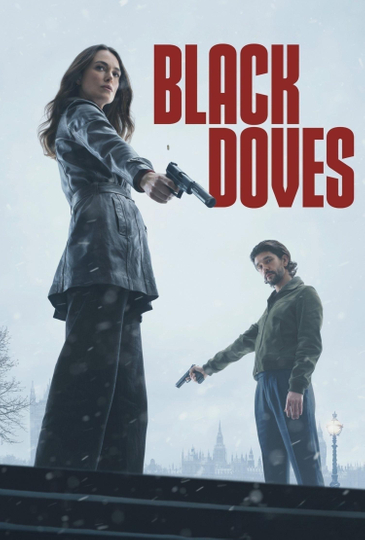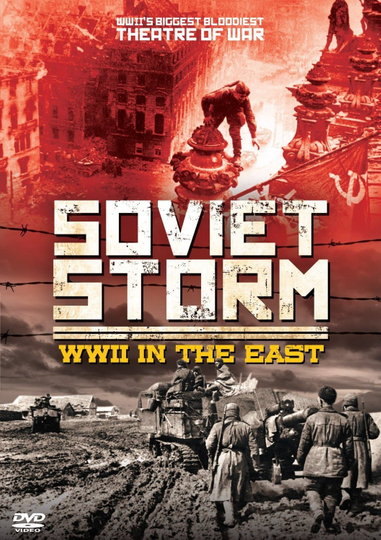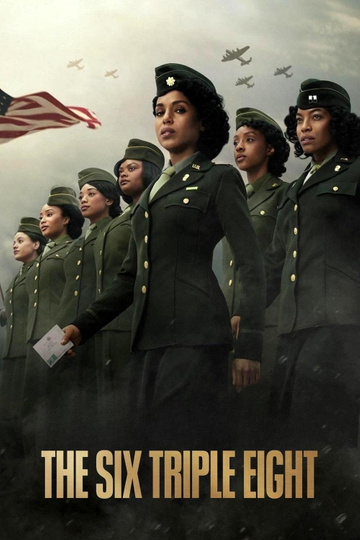Season 1 Episodes
1. Operation Barbarossa
The Battle of Britain is over. The Luftwaffe has been driven to exhaustion, and Germany suffers its first major defeat. Even though Britain remains undefeated, it is so isolated that Hitler has no concerns about turning his attention East. Operation Barbarrossa, the German invasion of the USSR, takes the Soviets completely by surprise and the Red Army suffers terrible casualties.
2. Kiev 1941
After the swift success at Smolensk, Hitler has diverted the bulk of Heinz Guderian's panzers down to the South, so as to capture the Ukrainian capital Kyiv, considered more important than Moscow in Hitler's mind. It begins a gigantic clash and turns out to be the biggest military encirclement in history.
3. The Defence of Sevastopol
Erich von Manstein's soldiers have trapped a massive Soviet force in Crimea, but the doomed troops have no intentions of surrendering, obeying Stalin's brutal "Not A Step Back" order. Manstein assembles the greatest concentration of artillery in history, which includes the world's biggest railway-gun nicknamed "Dora," and for eight months Soviets troops are savagely bombarded.
4. The Battle of Moscow
October 1941, Germany's Army Group Center is only some 25 km west of Moscow. The Russian winter, however, is only a few weeks away. With not enough soldiers or military equipment, the Soviet high command's only hope left is that the weather will save the capital. The battle ends in a bloody failure for the German Army, and it is forced to retreat.
5. The Siege of Leningrad
Leningrad, a vital and large Baltic sea port, is facing the entire weight of Army Group North. The Soviets have no reserves to spare as the Battle of Moscow is about to begin. Wilhelm von Leeb's Army Group North fails to take Leningrad, but begins a horrible siege that will last 872 days, in which over a million civilians will die of starvation and disease.
6. Rzhev
The capture of Rzhev, the city that connects all railroads in Western Russia, is imperative. It will cost the lives of some 3 million Soviet soldiers and 500 000 German soldiers. It will take the Soviets a total of 3 years to throw the Germans firmly out of the city. These bloodbaths will become known by the veterans and historians as "The Rzhev Meat-Grinder."
7. The Battle of Stalingrad
The Nazis invade the oil rich Caucasus to cut off this critical source of fuel to the Soviets. Standing in the way is Staligrad. Without realizing the strategic error they are making the Nazis reduce the city to rubble through air and artillery bombardment. The rubble serves as an ideal environment for an extended urban battle where the vaunted Blitzkrieg is useless. The error costs the Nazis dearly in men and materiel which the Nazis need for the Battle of Moscow and time the Soviet's use to rearm. Worst, The Nazis fail in their objective to capture the Caucuses.
8. Kavkaz
After the failure to take both Moscow and Leningrad, Hitler sets his sights on the oil fields in the Caucasus. If captured, the Red Army will lose 70%-90% of all its oil resources. Therefore, the famous city on the Volga, Stalingrad, must be "held at all costs." The German General Staff thinks taking the city will be a matter of a few weeks, but events steadily turn against the Germans.
9. The battle of Kursk
in the summer of 1943 Nazi forces armed with new advanced weaponry launch Operation Citadel expecting success comparable to their last two summer offensives. Their plan is to encircle the Soviet forces in a large salient near Kursk. But the battle plan is obvious and the Soviets are fore-warned, deeply entrenched and much better armed and experienced than in previous summer campaigns. Ironically, the Nazi's top defensive commander will lead the offensive while the Soviet's top offensive tactician will play defense. The result is incredible carnage and a fatal defeat for the Nazi invasion of Russia.



























